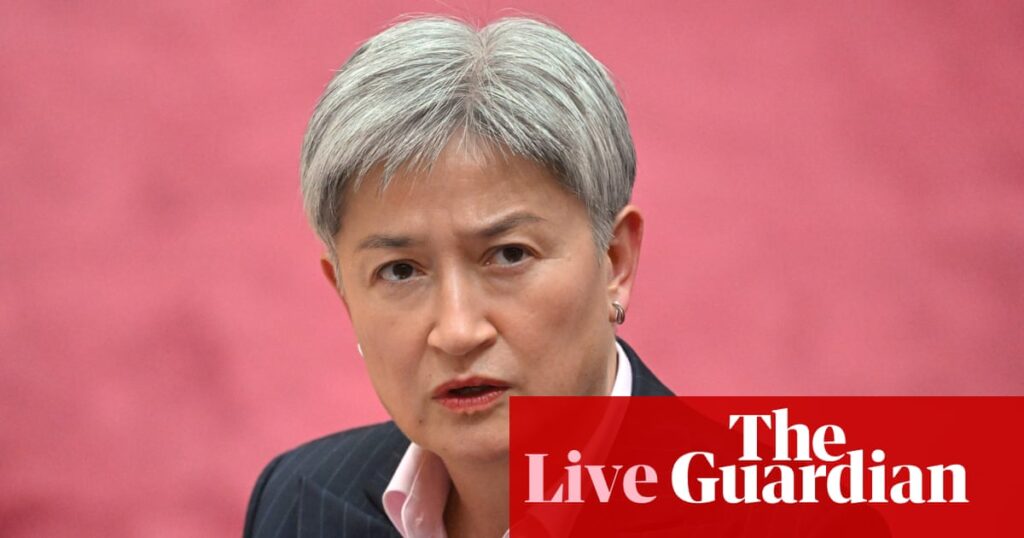
In a decisive move to curb North Korea’s burgeoning cybercrime activities, the Australian government has announced financial sanctions and travel bans targeting cybercriminals linked to the funding of Pyongyang’s weapons of mass destruction. Foreign Affairs Minister Penny Wong revealed the sanctions early this morning, highlighting the involvement of four entities and one individual.
“The scale of North Korea’s involvement in malicious cyber-enabled activities, including cryptocurrency theft, fraudulent IT work, and espionage is deeply concerning,” Wong stated. The statement underscores the increasing threat posed by North Korean cyber actors, who reportedly stole at least $1.9 billion in cryptocurrency in 2024, according to a report by the Multilateral Sanction Monitoring Team. These stolen assets have allegedly been used to facilitate the sale and transfer of military equipment.
Australia’s actions align with similar measures taken by the United States, which announced sanctions on two entities and eight individuals involved in North Korean money laundering. This coordinated effort underscores a growing international resolve to tackle cyber threats emanating from North Korea.
North Korea’s Cyber Threats: A Growing Concern
The announcement comes amid escalating concerns over North Korea’s cyber capabilities. Experts have long warned about the regime’s sophisticated cyber operations, which have evolved into a crucial revenue stream for its military programs. The use of cryptocurrencies, in particular, has provided North Korea with a relatively untraceable means to bypass international sanctions.
According to cybersecurity analyst Dr. Emily Roberts, “North Korea’s cyber activities are not just about theft; they are a strategic tool for the regime. By targeting financial institutions and cryptocurrency exchanges, they are able to fund their military ambitions with minimal risk of detection.”
Political Reactions and Implications
Meanwhile, the sanctions have sparked varied reactions across the political spectrum. In Australia, the move is seen as a necessary step to protect national and global security interests. However, it also raises questions about the broader implications for international relations in the Asia-Pacific region.
Opposition parties have voiced support for the sanctions, but some have called for a more comprehensive strategy to address the root causes of North Korea’s cyber aggression. “Sanctions are a start, but we need a holistic approach that includes diplomatic efforts and regional partnerships,” said opposition foreign affairs spokesperson, Michael Turner.
Looking Ahead: The Path Forward
The sanctions are expected to further isolate North Korea economically, but experts caution that the regime may intensify its cyber efforts in response. The international community faces the challenge of balancing punitive measures with diplomatic engagement to prevent further escalation.
As the global landscape becomes increasingly digital, the threat of cybercrime looms larger. Countries like Australia and the United States are likely to continue strengthening their cybersecurity frameworks and international collaborations to counteract these threats.
In the coming months, the effectiveness of these sanctions will be closely monitored, with potential adjustments based on North Korea’s actions. The situation remains fluid, and the international community must remain vigilant to safeguard against evolving cyber threats.
As the world grapples with these challenges, the need for robust cybersecurity measures and international cooperation has never been more critical. The sanctions against North Korea’s cybercriminals mark a significant step in this ongoing battle, but the road ahead is fraught with complexities and uncertainties.







